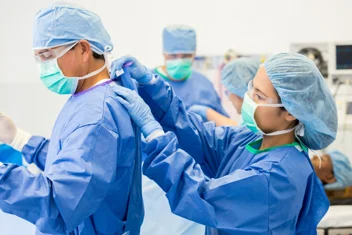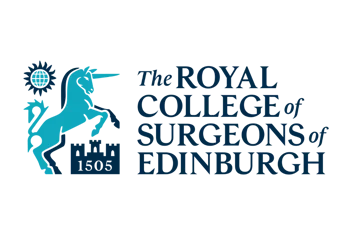Featured Press Statements
Press Statements Library
RCSEd Welcomes Plans to Improve Staff Facilities in English Hospitals
Professor Rowan Parks, President of the Royal College of Surgeons of Edinburgh reacts to new guidance that states that new hospitals in England must set aside a minimum amount of space for “staff welfare” for the first time.
NHS , Hospitals , England , Staff Amenities , Staff Welfare

RCSEd Reacts to Government Consultation to Ban Sale of High-Caffeine Energy Drinks to Children Under 16
Professor Grant McIntyre, Dean of the Faculty of Dental Surgery at the Royal College of Surgeons of Edinburgh reacts to the news that the UK government has launched a consultation to ban the sale of high-caffeine energy drinks to children under the age of 16.

RCSEd President Responds to GMC's Workplace Experiences Report 2025
Professor Rowan Parks, President of the Royal College of Surgeons of Edinburgh (RCSEd), responds to the publication of the General Medical Council's (GMC’s) report "The state of medical education and practice in the UK: Workplace Experiences 2025" in the NHS.













